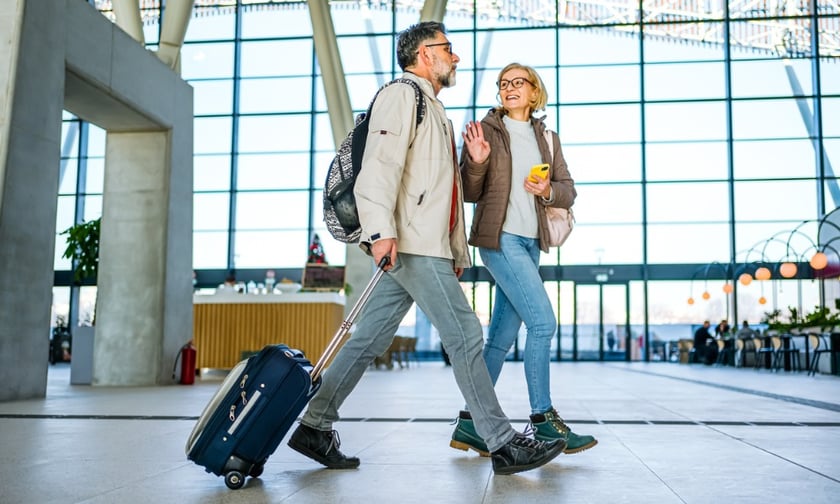

A recent report by 1Cover Travel Insurance (1Cover) has revealed that younger Australians are at the forefront of the country’s return to international travel, now reaching pre-pandemic levels.
Based on a survey of 1,000 Australians, 40% of respondents indicated they had travelled overseas in the past year, with individuals aged 18 to 29 leading the way. Nearly half (49%) of this group took an international trip, compared to just 23% of respondents over 70.
According to the survey, 76% of those under 29 are traveling as much as they did before COVID-19, with 18% reporting an increase in travel frequency compared to pre-pandemic levels.
In contrast, older Australians have scaled back on travel, with only 2% of those over 70 traveling more now than they did before the pandemic. The majority of older travellers (67%) indicated they are traveling less.
Natalie Smith, head travel expert at 1Cover, pointed out the contrast between younger and older travellers.
“The data shows that young travellers are by far the most eager when it comes to taking back their missed travel years. By contrast, senior travellers are travelling internationally less than they did prior to the pandemic,” she said.
She added that younger travellers are also more adventurous, with many seeking new experiences abroad.
“Those between 18 [and] 29 are not only particularly inclined to travel; they are also significantly more likely to travel for adventure purposes,” Smith said.
The survey found that 38% of respondents in this age group listed “adventure” as their main reason for travel, with popular activities including moped riding (17%) and skiing or snowboarding (14%).
Despite their enthusiasm for international travel, younger Australians are less likely to purchase travel insurance, according to 1Cover’s research.
The report found that 30% of travellers aged 18 to 29 did not have insurance on their most recent overseas trip, leaving them exposed to potential financial risks in case of emergencies.
Smith expressed concern about this trend, warning that young travellers could face steep medical expenses if they encounter an emergency abroad, with costs potentially reaching hundreds of thousands of dollars.
“It’s dangerously misguided to assume you won’t need travel insurance, regardless of your destination or trip length. Travel is unpredictable, and assuming you’re impervious to risk can leave you hugely exposed in the event of an emergency,” she said.
She stressed the risks of traveling without coverage, particularly the misconception that reciprocal healthcare agreements with some countries can substitute for insurance.
“For instance, it would not cover medical evacuations, and it is unlikely to cover non-emergency treatments, medications, or specialised care. In an emergency scenario, you could still be left with extremely high, out-pocket medical costs,” she said.
Another recent 1Cover survey explored Australians’ attitudes toward sustainable travel.
While 60% of respondents said sustainability was important, it had little influence on travel decisions. Only 31% said they would pay more for a sustainable holiday, and 10% preferred cost savings, even if it meant choosing less environmentally friendly options.
Smith noted that the current travel climate is shaped by cost and experience, with sustainability taking a secondary role.
According to the 1Cover report, 83% of respondents purchased travel insurance, driven mainly by concerns over medical coverage, luggage protection, and potential travel delays.
Smith highlighted the environmental benefits of responsible travel, including having adequate insurance.
She added that sustainable travel does not always have to be more expensive and can include simple choices like using public transport, supporting local businesses, or choosing direct flights. These options, she said, can help travellers reduce their environmental impact without significantly increasing costs.
